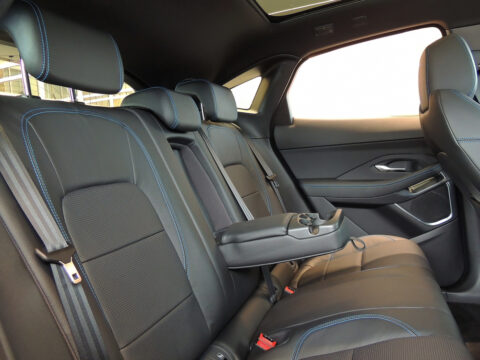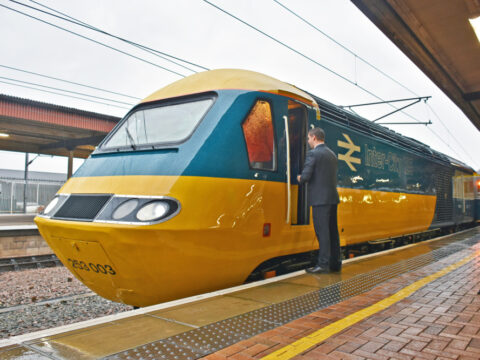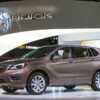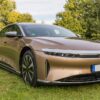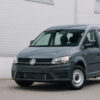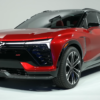Electric vehicles have taken the automotive world by storm, but not every EV has lived up to its bold promises. While some were hyped as game-changers, they failed to deliver on performance, range, or reliability. In this article, we’ll look at 20 electric vehicles that disappointed buyers despite all the buzz.
Contents
Fisker Karma
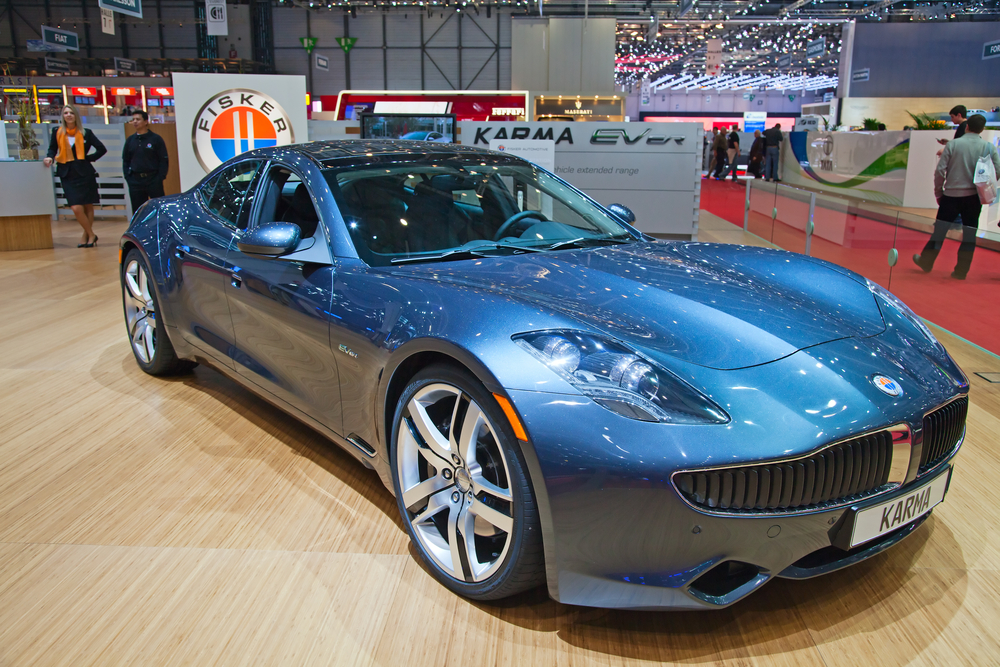
With its sleek, futuristic design, the Fisker Karma generated significant excitement as a luxury plug-in hybrid. However, it soon became notorious for its poor reliability, limited electric range of around 32 miles, and a 20.1 kWh battery that struggled to compete with more advanced EVs. Its hefty price tag, combined with these performance issues, left many buyers disappointed, and Fisker eventually declared bankruptcy, marking a major letdown in the EV market.
Chevy Volt
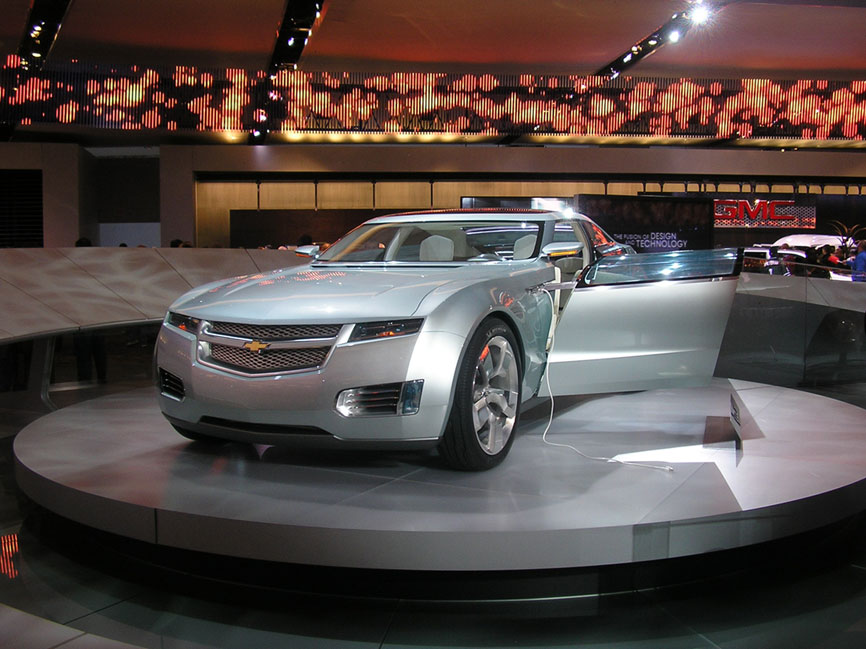
Positioned as a revolutionary hybrid with a 53-mile electric range and a backup gas generator, the Chevy Volt seemed poised to lead the hybrid market. However, confusion over whether it was a true EV or just a hybrid, combined with relatively high pricing and underwhelming sales, kept it from reaching its full potential. Buyers expected more innovation, but it ultimately struggled to carve out its place in the EV landscape.
Faraday Future FF91
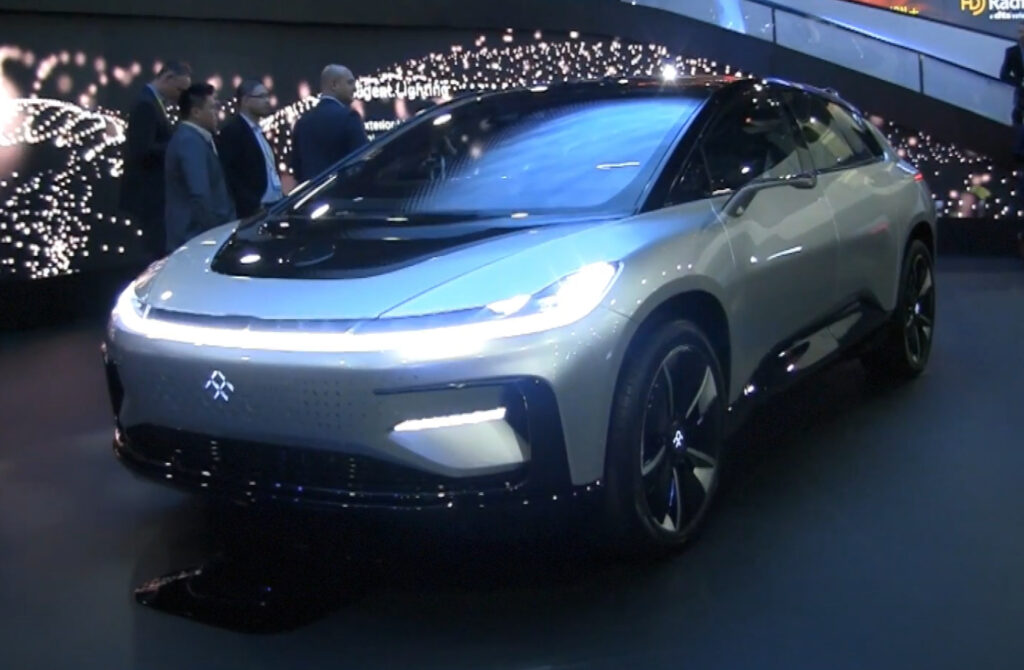
Touted as the future of luxury electric vehicles, the FF91 was supposed to be an ultra-high-tech EV with a 378-mile range and a 1,050 horsepower motor. However, endless production delays and financial difficulties have kept this vehicle from ever seeing the light of day, leaving investors and consumers frustrated by unfulfilled promises.
Tesla Cybertruck
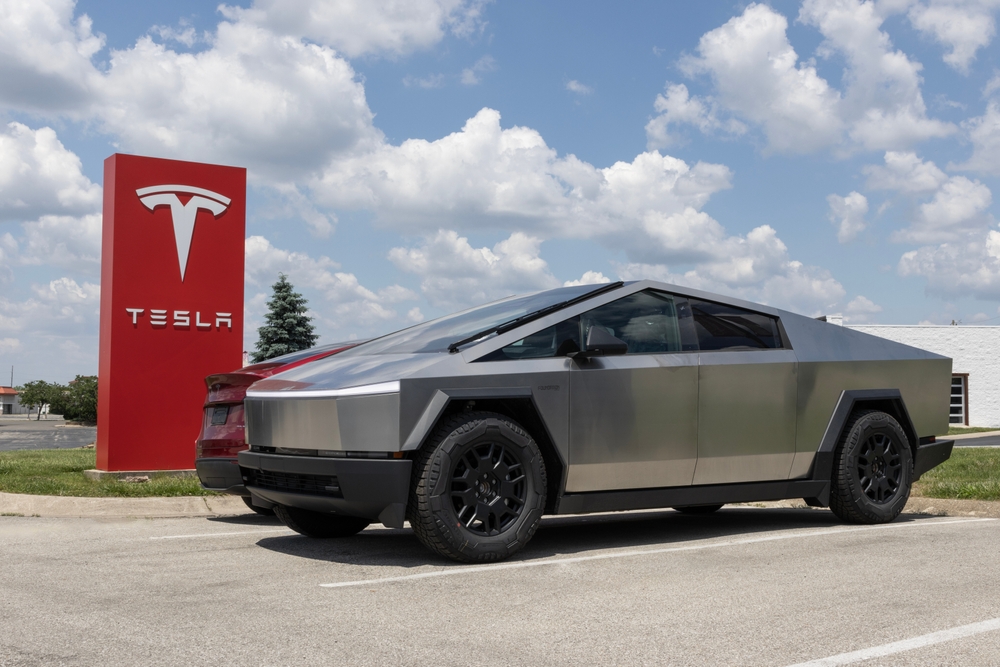
Launched with great fanfare and its striking angular design, the Tesla Cybertruck was expected to disrupt the electric truck market. Despite its bold claims of up to 500 miles of range and impressive towing capacity, multiple production delays and design revisions have led to mounting frustration. The overhyped vehicle has yet to deliver on its promises, leaving would-be buyers waiting.
BMW i3
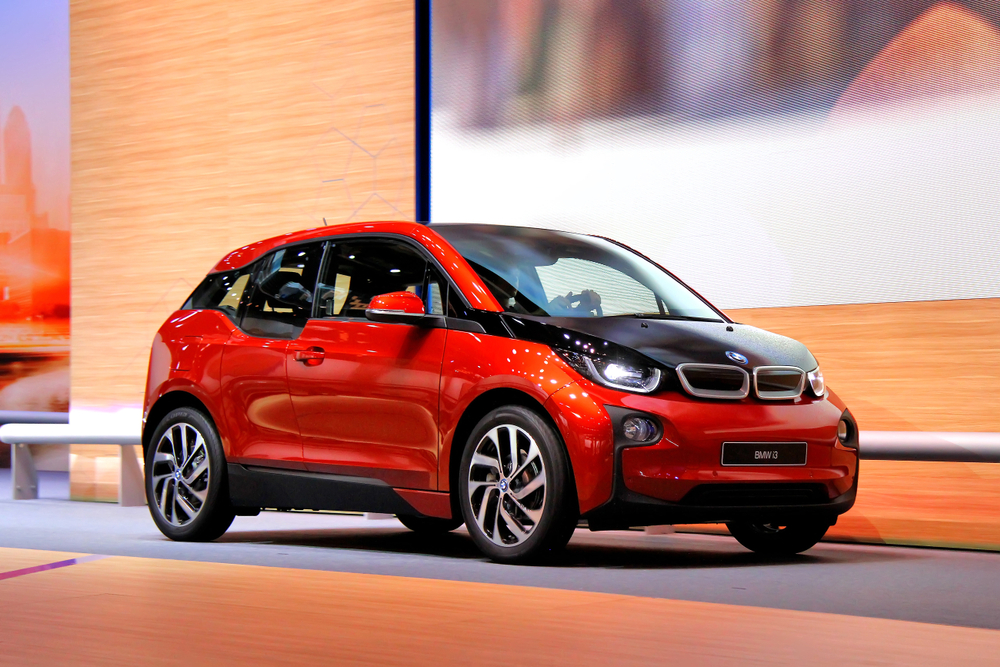
With its compact size and quirky carbon-fiber-reinforced plastic body, the BMW i3 was positioned as a revolutionary city EV. However, its limited range of just 81-114 miles in early models, paired with a high price tag, turned off many buyers. The i3’s unique design wasn’t enough to overcome the practical limitations of its electric performance, making it a disappointment for many.
Nissan Leaf (First Generation)
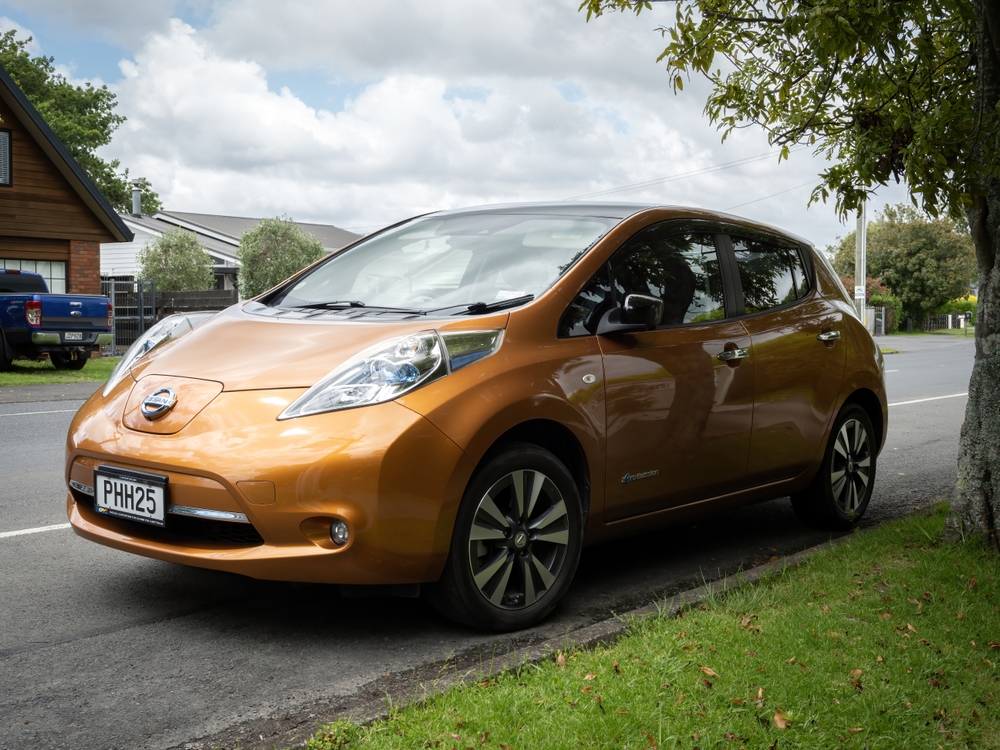
One of the first mass-produced EVs, the original Nissan Leaf had high expectations. But with a range of just 73 miles and issues with battery degradation, it failed to meet the needs of drivers who required longer distances. While it paved the way for future EVs, the first-gen Leaf couldn’t keep up with the rapid improvements in EV technology.
Tesla Model X
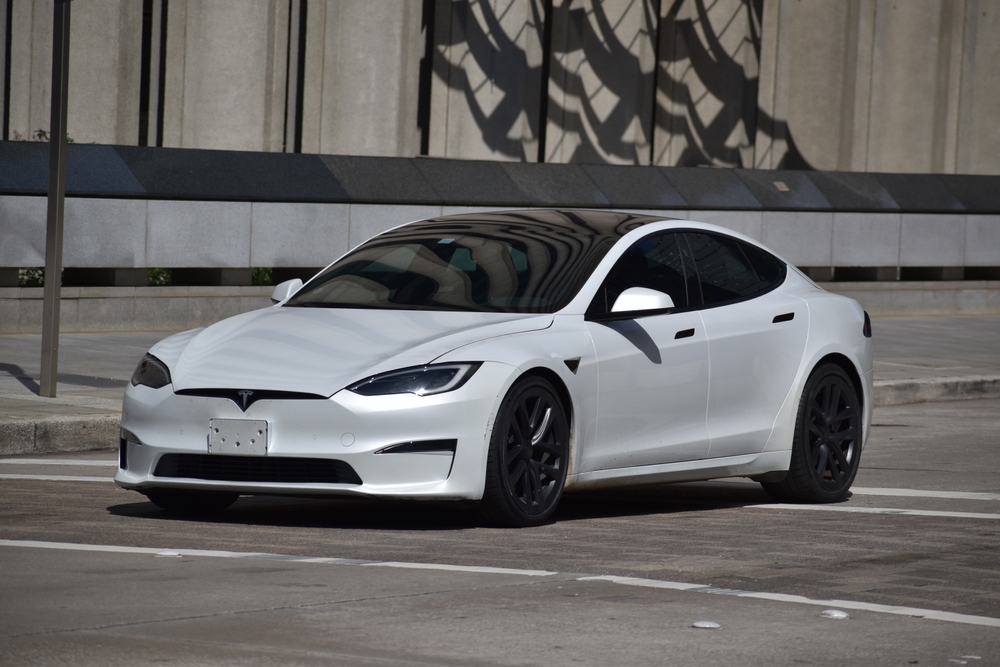
Known for its flashy falcon-wing doors and impressive acceleration, the Tesla Model X generated a lot of excitement. However, the SUV has been plagued by reliability issues, including software glitches and door malfunctions. For many buyers, the high price and frequent maintenance problems overshadowed the vehicle’s luxury features.
Rivian R1T
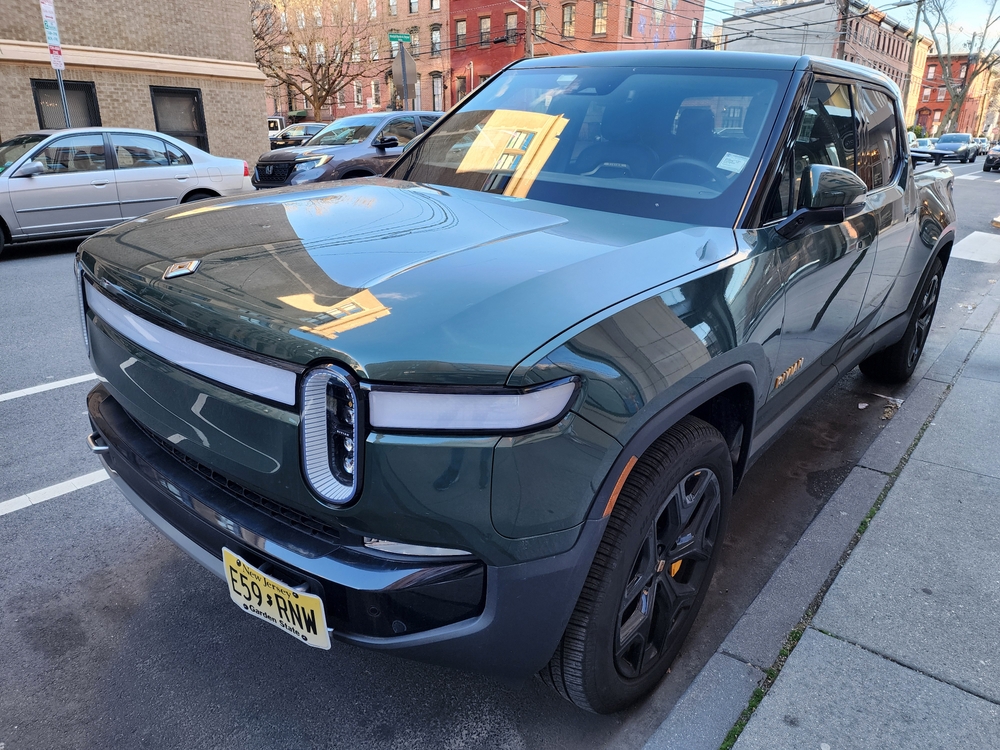
Hailed as a game-changing electric pickup with off-road capability and a 400-mile range, the Rivian R1T gained massive attention. However, despite the hype, production delays and limited availability have frustrated potential buyers. The vehicle’s price, which starts at around $73,000, further dampened its appeal for mass-market consumers.
Lordstown Endurance
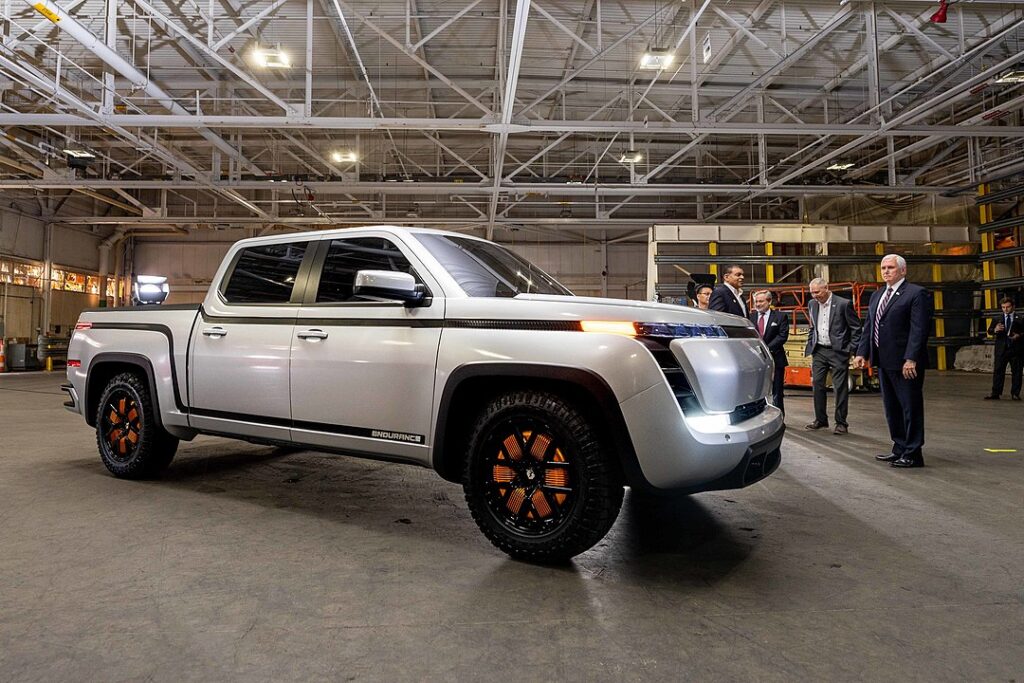
Touted as a major player in the electric truck market, the Lordstown Endurance fell short due to financial struggles and delays. The vehicle, designed for work fleets, had its production halted several times, and issues with funding led to a company restructuring. Buyers were left disappointed as hopes for a reliable electric truck from Lordstown faded.
Lucid Air
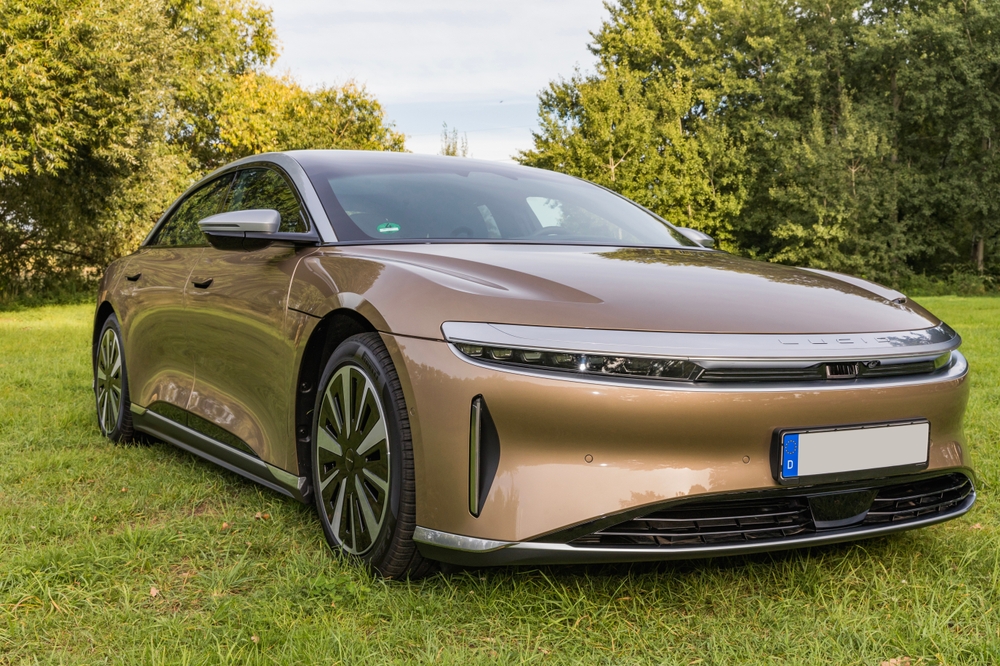
Marketed as a luxury EV competitor to Tesla with up to 520 miles of range, the Lucid Air faced multiple production delays and a steep starting price of over $77,000. While it boasted impressive specs on paper, its availability issues and high price have made it difficult to live up to its hype, leaving many potential buyers on the fence.
BMW i8
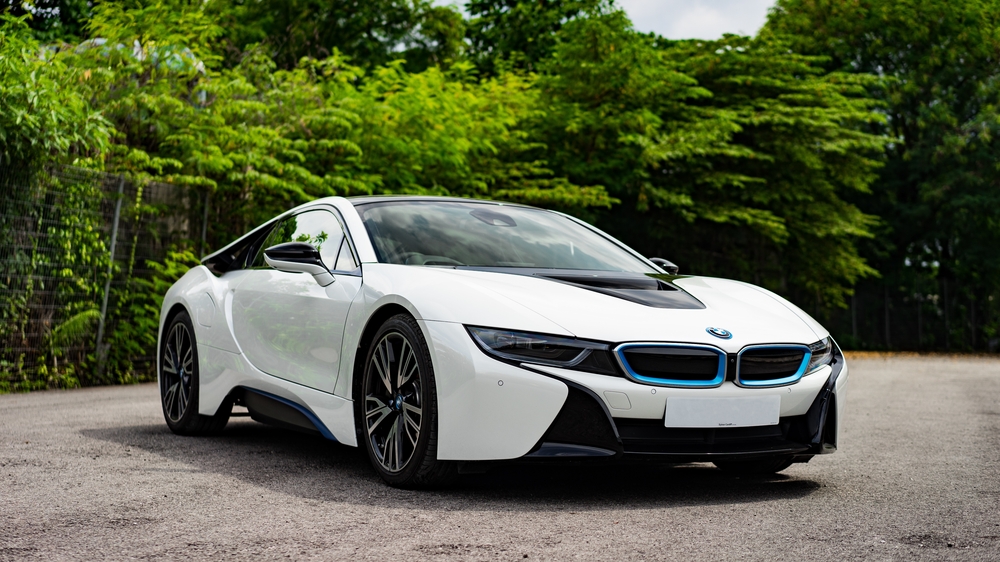
The BMW i8 promised to combine high-performance sports car design with electric efficiency. However, its hybrid powertrain with just 18 miles of electric range and modest performance left enthusiasts disappointed. The i8’s futuristic looks couldn’t compensate for the lack of real electric innovation, making it more of a showpiece than a practical EV.
Bollinger B1
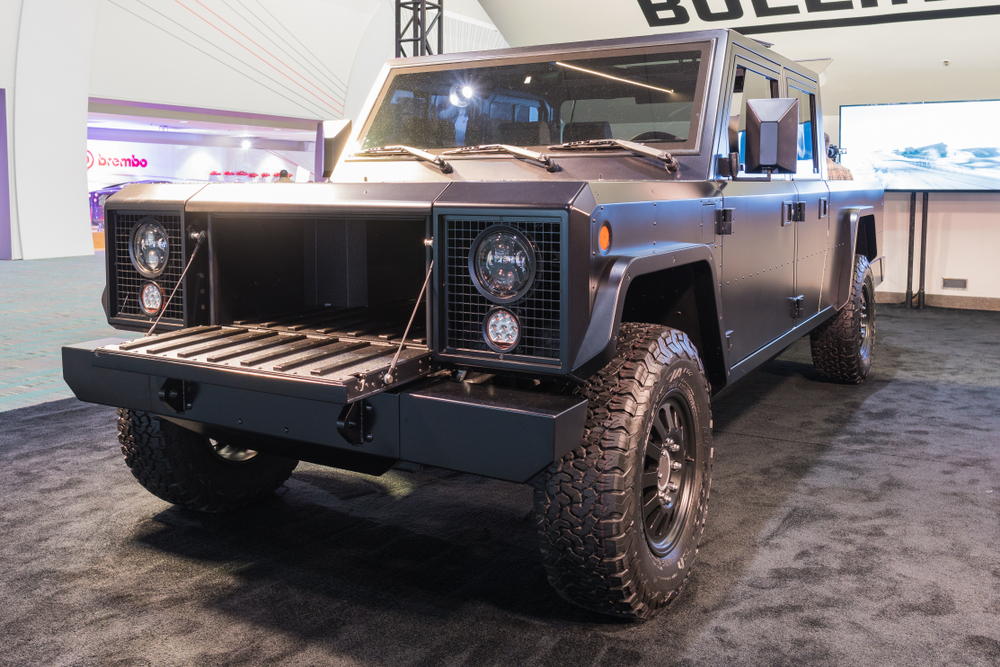
Marketed as a rugged, no-nonsense electric off-roader, the Bollinger B1 promised to revolutionize the SUV market. However, production delays and financial difficulties have kept it from reaching consumers, leaving those excited about its 200-mile range and impressive off-road specs disappointed.
Byton M-Byte
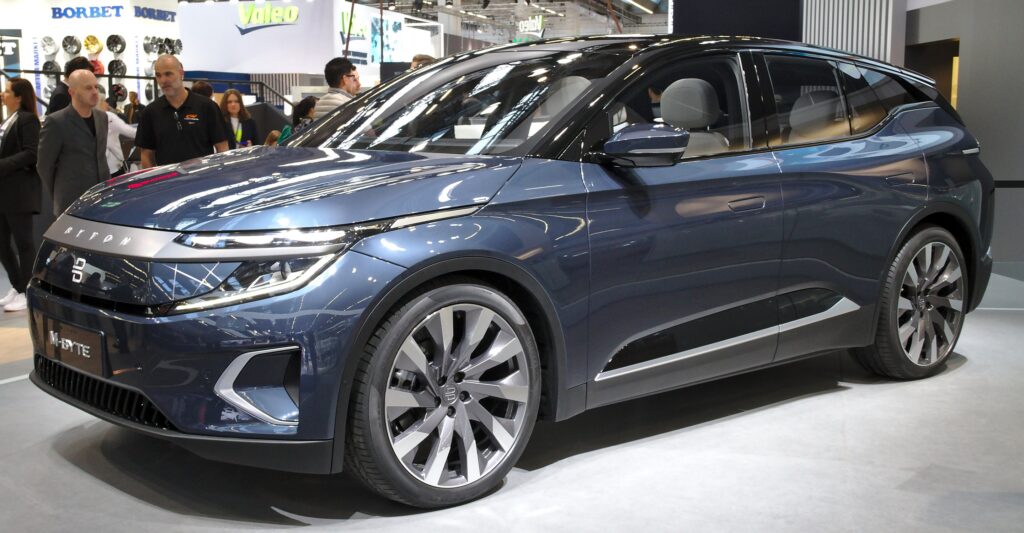
Launched with the promise of redefining in-car technology with a massive dashboard display and cutting-edge features, the Byton M-Byte garnered massive attention. However, financial difficulties caused the company to collapse, and the vehicle never reached production, leaving behind only the hype.
Coda EV
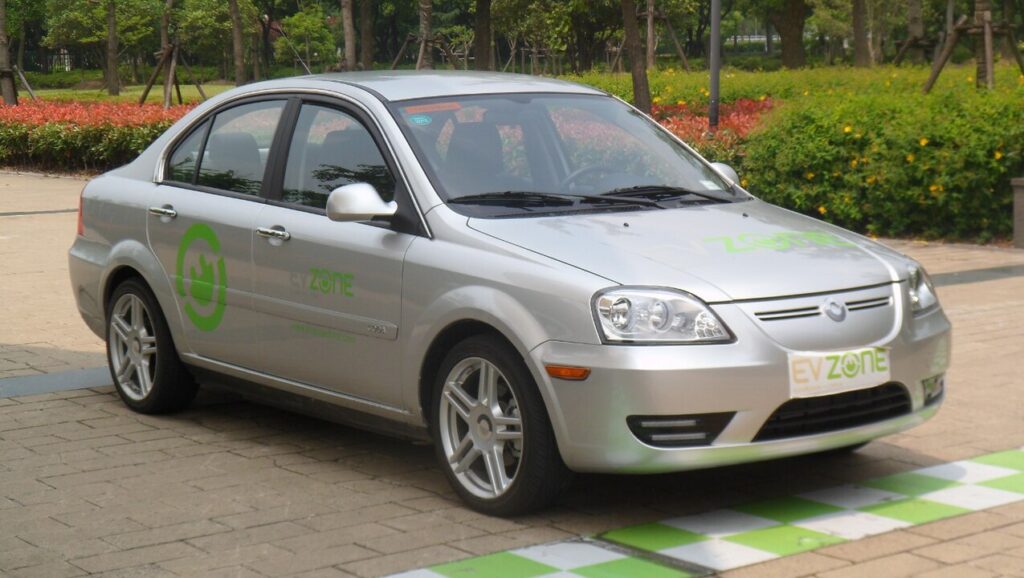
The Coda EV was an uninspiring attempt to bring an affordable electric sedan to the masses. With a bland design and a range of just 88 miles, it couldn’t compete with more advanced EVs on the market, leading to poor sales and a quick exit from the industry.
Mazda MX-30
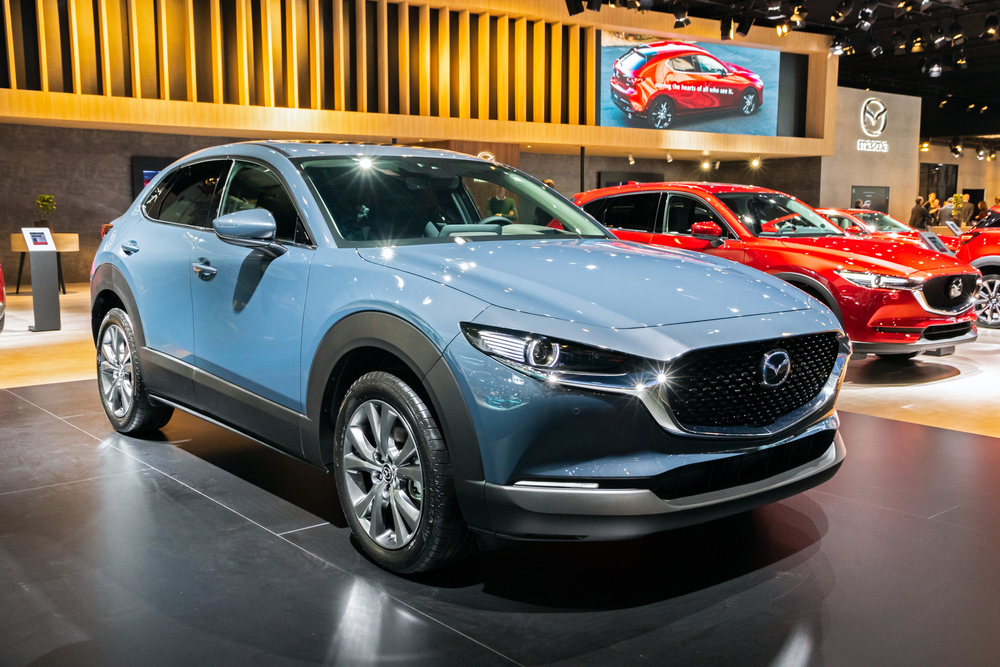
Mazda’s first all-electric vehicle, the MX-30, disappointed with its tiny 100-mile range and high price, especially in a market filled with longer-range alternatives. The MX-30’s stylish design and eco-friendly materials couldn’t overcome its impracticality for most drivers.
Karma Revero
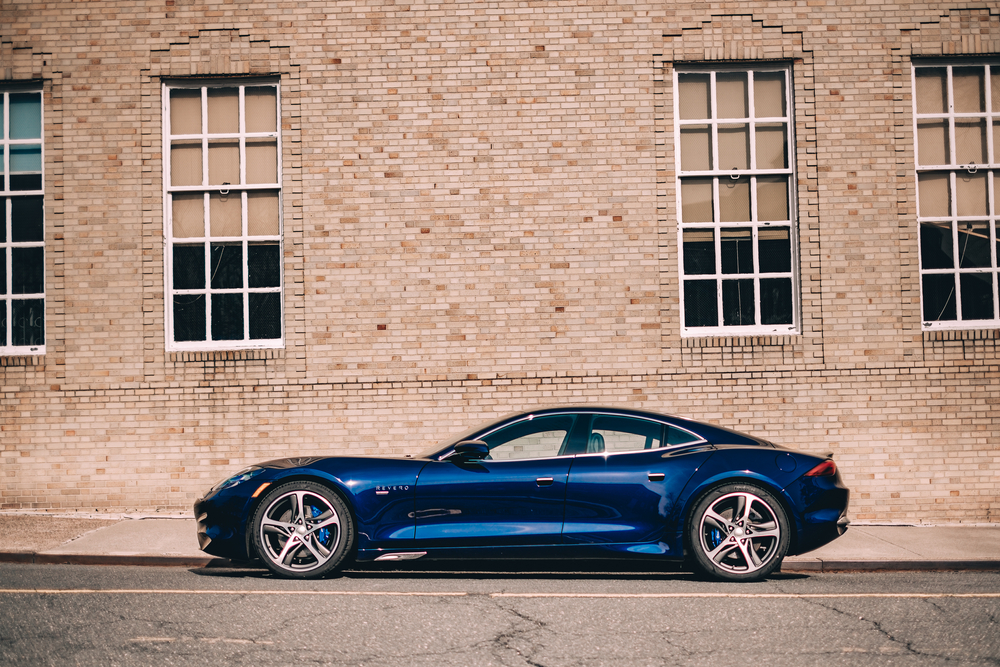
A revival of the Fisker Karma, the Revero was meant to correct its predecessor’s mistakes. However, it suffered from the same reliability issues, a limited electric range of 37 miles, and a hefty price tag, causing it to be another overhyped letdown in the luxury EV market.
Peugeot iOn
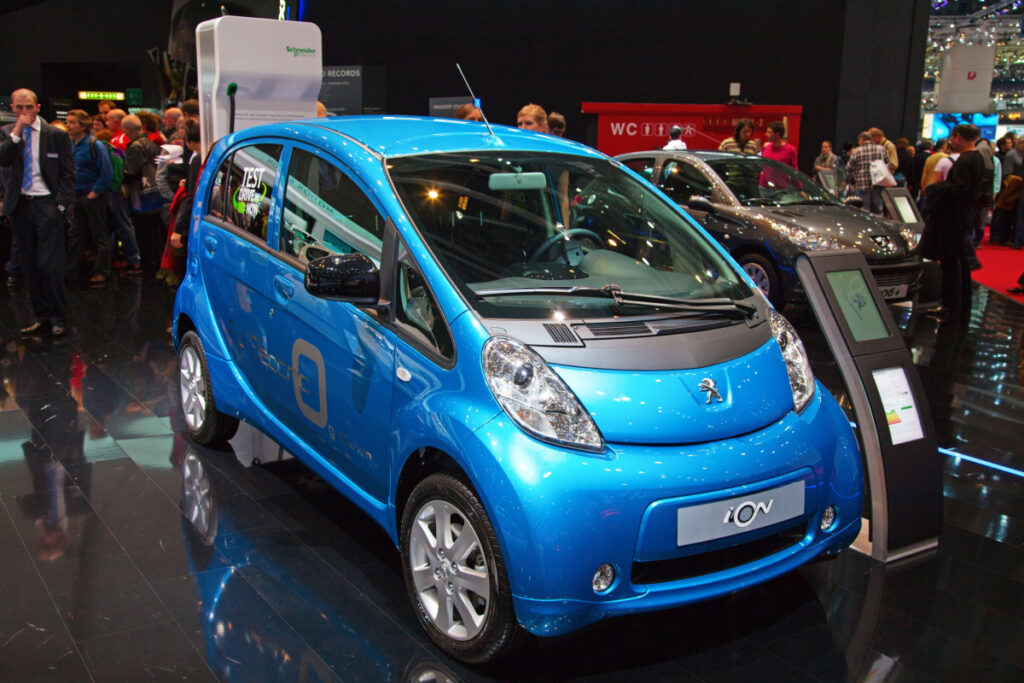
Based on the Mitsubishi i-MiEV, the Peugeot iOn was an early EV offering in Europe. However, its small size, modest 93-mile range, and high price made it unappealing to most consumers, particularly as newer and more competitive models emerged.
Smart EQ ForTwo
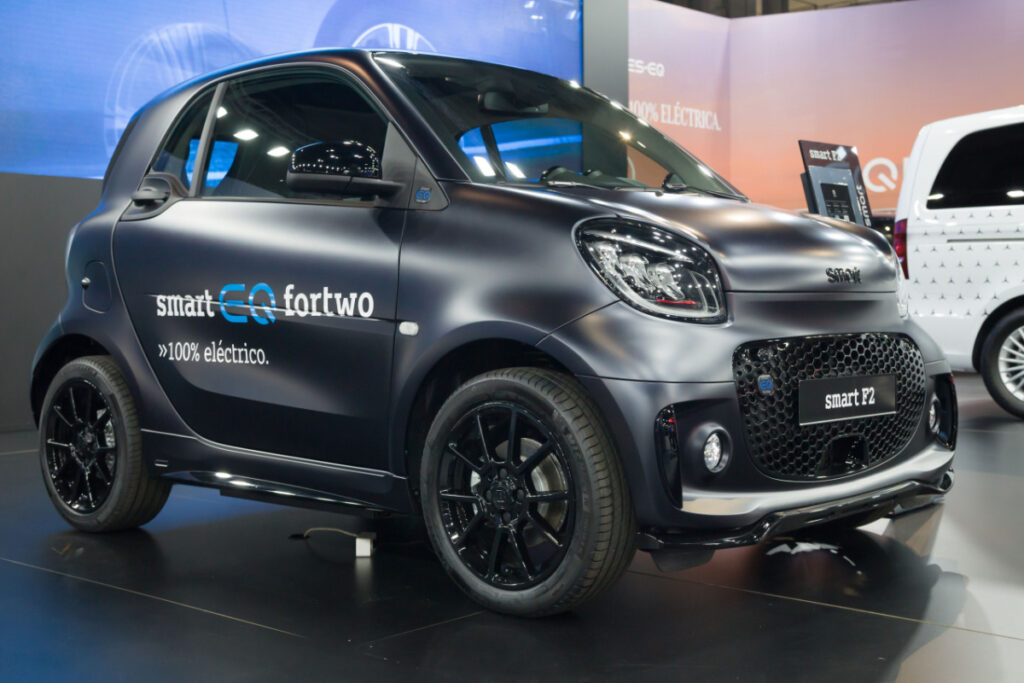
While fun to drive and perfect for city driving, the Smart EQ ForTwo faced significant limitations with its 58-mile range, high price, and cramped interior. It struggled to justify its premium price tag compared to larger EVs with better range and more features.
Jaguar I-PACE
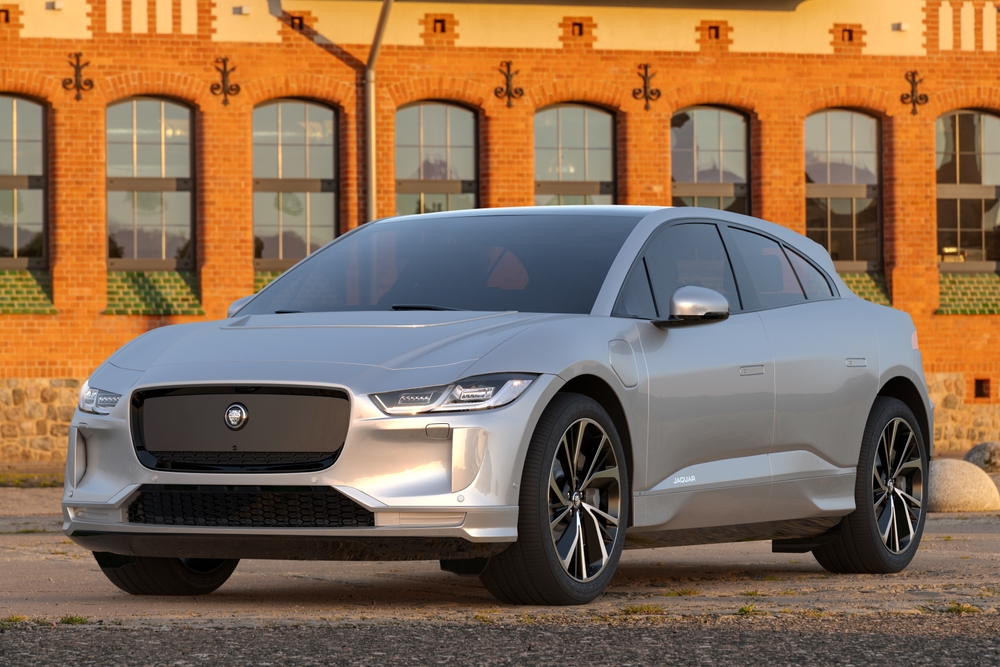
The Jaguar I-PACE was expected to be a serious contender in the luxury EV market with a 234-mile range and fast acceleration. However, software issues, frequent recalls, and poor reliability ratings dampened the experience for many buyers who expected more from the luxury brand.
Tesla Model Y
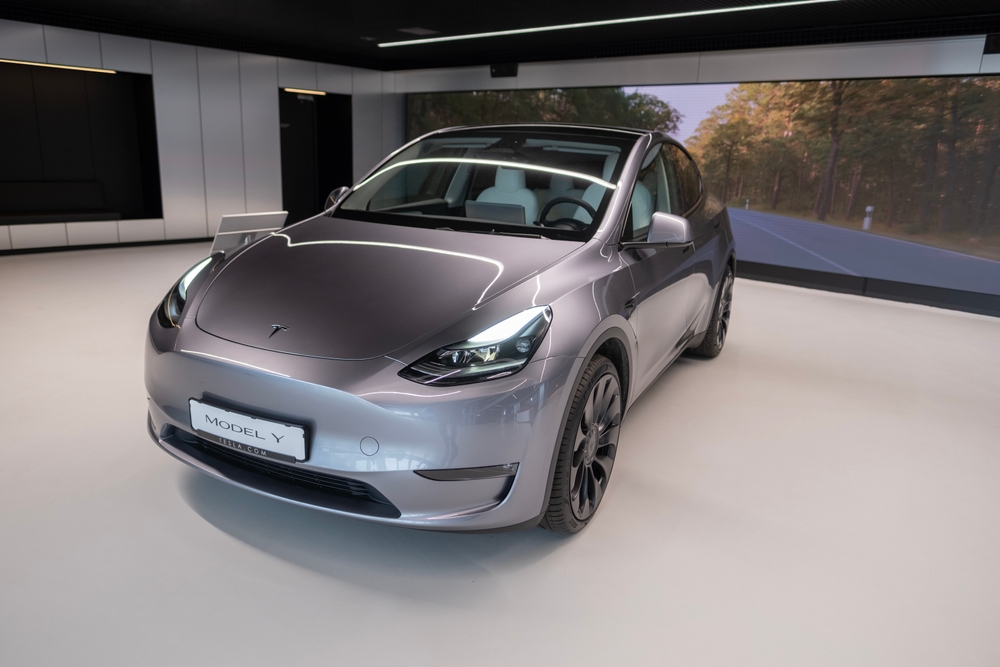
While highly anticipated for its combination of space and performance, early versions of the Tesla Model Y faced widespread criticism for poor build quality, including misaligned panels and unreliable software. Despite Tesla’s reputation for innovation, these quality issues left some early adopters frustrated.
This article originally appeared in MyCarMakesNoise.
More from MyCarMakesNoise
18 Best Routes for a Fall Foliage Road Trip

There’s nothing quite like hitting the open road in the fall, when nature puts on its most colorful show. From the fiery reds and oranges of New England to the golden aspens of the Rockies, these 18 scenic routes offer some of the best fall foliage views across the country. Read More
20 Revolutionary Motorcycles That Changed the Industry

Motorcycles have always been more than just machines—they’re symbols of freedom, innovation, and style. Over the years, certain models have stood out, leaving a lasting impact on the industry. Read More
Volvo’s 12 Safest Cars and Their Role in Family Protection

Volvo has long been synonymous with safety, consistently designing vehicles that prioritize the well-being of families. In this article, we highlight 12 of Volvo’s safest cars, each equipped with advanced features that offer peace of mind on the road. Read More



